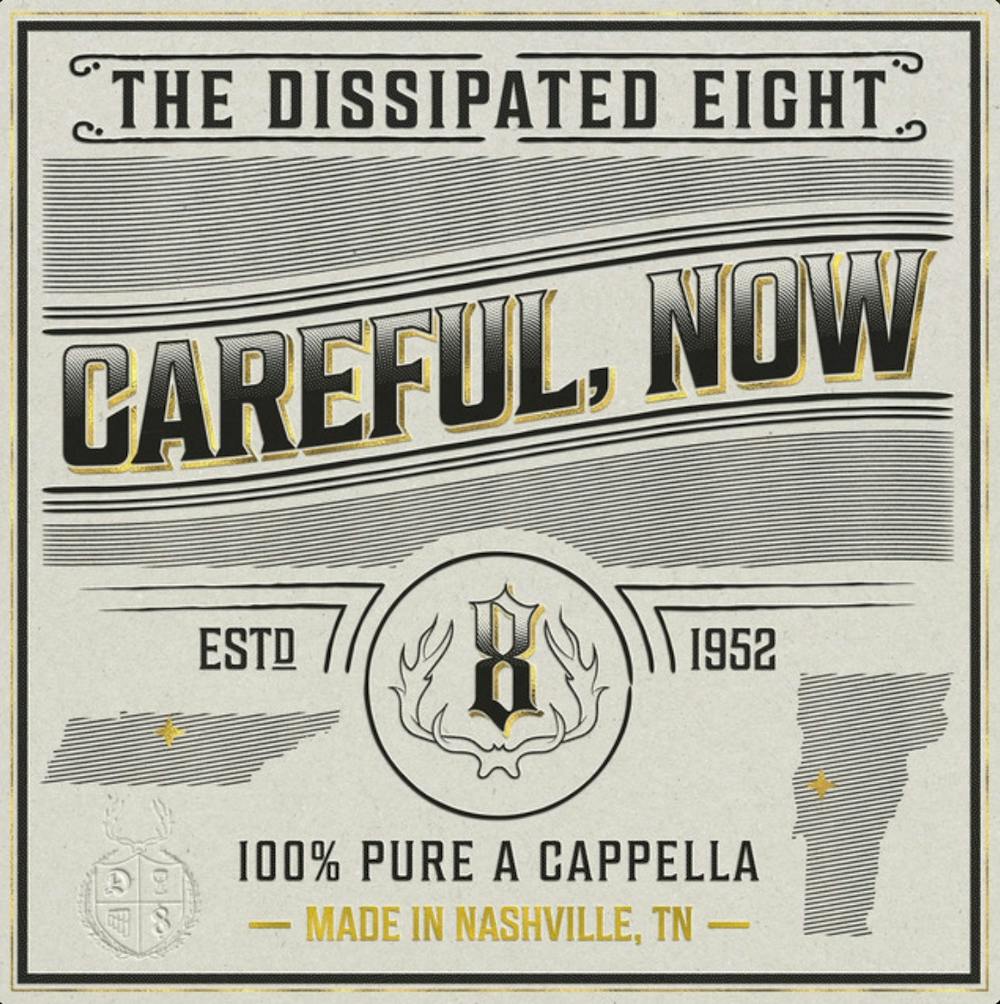The recording room at Summit Sound Studios, located in Southeast suburban Nashville, Tenn., looks like it could be the living room in your typical home: a worn leather couch against one wall, a piano by the other, with tapestries and houseplants for decoration. The only thing that gives away the room’s true purpose is the microphone standing on the center of the floor and the sound-proofing material lining the walls. Yet this homey feel can be incorrect. It is an intimate, vulnerable process. This past spring break, my a capella group, the Dissipated 8, recorded a four song E.P. in Nashville. This recording process, along with my past experience in singing, reaffirmed why music, and vocal music in particular, are supremely powerful artistic forces.
Every singer develops a routine to make themselves more comfortable while recording. Some wear the same outfit to the studio, some warm up their voices for the same amount of time before every session, others drink the same brand of tea out of the same mug. When I went to record in a professional studio for the first time my routine was simple: I would turn off all of the lights in the studio so the room was nearly pitch black and the only illumination was the flashing panel I used to control the volume of the metronome and demo tracks.
The a cappella scene at Middlebury seems, at first glance, infused with a sense of fun and lightheartedness. Group names are alliterative or onomatopoeic (The Bobolinks, The Mamajamas, The Paradiddles), performance dress can be anything from jackets and ties to halloween costumes, and theatrical comedy is rife both between and during songs.
Despite this aura of easygoing levity, a cappella music is the heir to an incredibly rich musical tradition. Literally translated, “a cappella” means “in the style of the chapel,” which references the long history of sacred vocal music beginning with the plainchant of the ninth and 10th centuries, when liturgies would be sung without instrumental accompaniment during church services. In the Middle Ages, monks at the Notre Dame cathedral began to add additional voices to augment these sung chants, creating one of the first examples of polyphonic harmony in Western music. Into the 16th and 17th century, vocal music played a critical role in the development of classical music.
There is something uniquely intimate about singing: The music is produced directly from one’s body without the filter of an instrument. As my voice teacher liked to quip, “You have nothing to hide behind when you’re singing.” This effect is, of course, amplified when there are no instruments onstage at all.
The human voice is also a singularly capable instrument. Throughout musical history, humans have been struggling to find a functional tuning system (how far apart each note on the scale is spaced). The modern system we use to tune guitars, pianos, and other instruments — known as 12 tone equal temperament — requires that some notes be slightly sharp and others slightly flat to create a sound that is more or less uniform across all 12 keys. The human voice does not need to make the sacrifices that instruments do. It is capable of infinitesimal tuning adjustments, even in the middle of songs, that allow for harmonic clarity and precision you cannot find anywhere else.
History develops music and brings me back to the recording studio in Nashville. Covering songs a cappella is more than re-recording what has been written, but involves arranging, brainstorming and developing new ways to continue a musical legacy that has lasted for centuries. A cappella at Middlebury remains very popular. We perform at our yearly freshmen Jambo concert, host concerts each semester, perform for Fall Family Weekend and tour around New England, taking Middlebury’s musical talent into local communities.
Behind the funny group names, outfits, choreography, and other numerous and strange traditions that make up the Middlebury a cappella scene, it remains, at its core, the legacy of a long and storied musical tradition, that is, as I mentioned, supremely powerful.
The Dissipated 8’s new E.P., Careful, Now is out on all streaming platforms and I hope you check it out. It is a testament to the community value of a cappella and the college’s oldest a cappella group.


